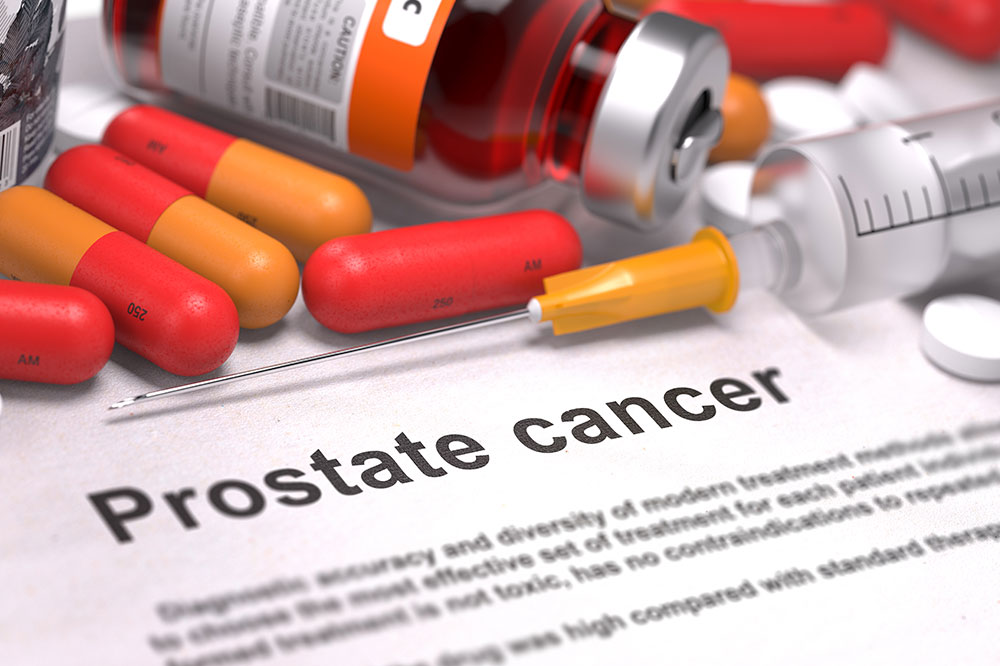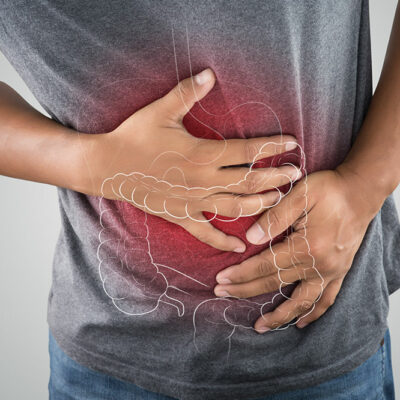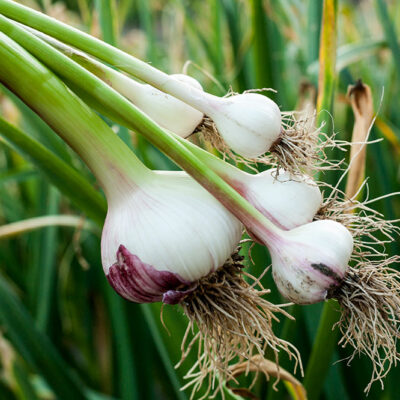
Nutrition and Lifestyle Tips for Prostate Cancer Prevention
Cancer that affects the prostate gland, the organ located near the bladder and produces semen, is the second most common cancer in the United States. Men are at a higher risk of developing this type of cancer as they age, as most cases are diagnosed in those over 65. Following a few nutrition and other tips could help to prevent prostate cancer. Here are a few for you to consider.
1. Eat more vegetables
We all know that vegetables are powerhouses of essential vitamins, minerals, and other nutrients required by the body to function properly and keep various health issues at bay. The nutrients found in vegetables, especially green leafy vegetables, can also reduce your risk of prostate cancer. These vegetables contain compounds that can break down cancer-causing substances known as carcinogens.
2. Consume more fruits
Watermelon and other fruits that have bright colors contain lycopene which is a potent antioxidant. Although research and studies are ongoing, it has been hinted that lycopene can reduce the risk of prostate cancer. This nutrient is also found in tomatoes. A study conducted in 2018 in Spain found that the body can absorb lycopene better from cooked tomatoes. It should be noted that the redder the tomato, the higher the amount of lycopene in it.
3. Make healthy food choices
Opt for olive oil over butter and fresh fruits and vegetables instead of junk food and packaged snacks. Reduce or limit your intake of animal fats found in butter, cheese and lard, and red meat. Also, overcooking meat can produce carcinogens.
4. Increase physical activity
Regular exercise is key to weight management. It helps to boost metabolism and muscle mass; you can try walking, swimming, running, or any other form of physical activity that you enjoy. To make exercise fun, you can invite a friend or do a different activity each day.
5. Quit smoking
It has been seen that those who have recovered from prostate cancer were more likely to experience a recurrence of the condition if they smoked. Smokers are also at a higher risk of dying from this form of cancer. Therefore, if you smoke, quitting now would be a good idea.
6. Consult your doctor
You can discuss with your doctor whether you need to go for regular screening tests for prostate cancer as you age. This is important, especially if you have a family history of cancer. You can seek dietary recommendations and advice on exercise and physical activity. If you notice any signs or symptoms such as blood in the urine or semen, difficulty urinating, or discomfort in the pelvic and rectal areas, you should visit your doctor without delay.
Making a few changes to your diet and lifestyle will not only be good for your overall health but can also reduce your risk of prostate cancer. Make these changes today.


